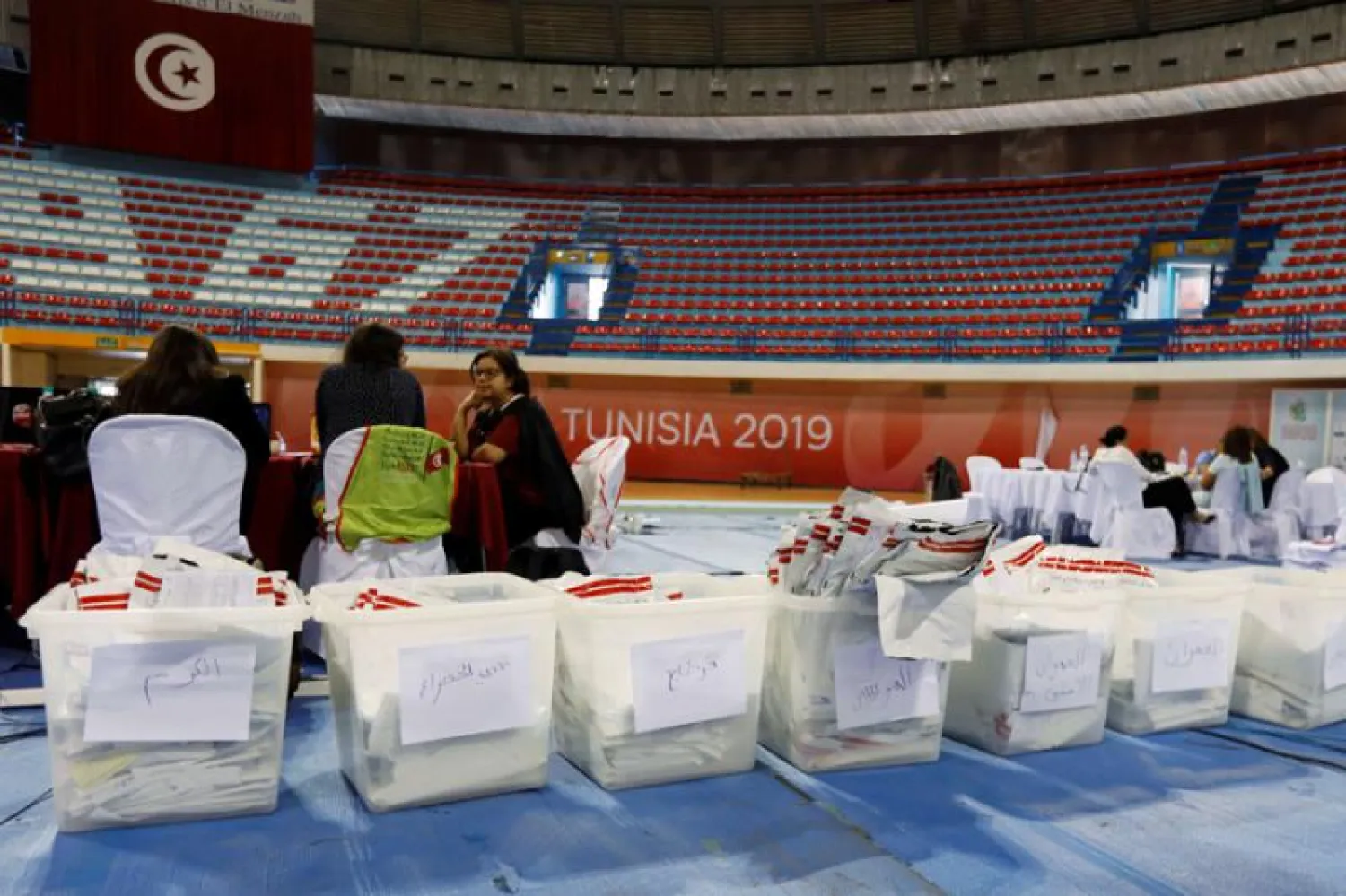Tunisia's Court of Accounts issued more than 370 preliminary rulings subject to appeal against some parliamentary candidates in cases related the 2019 elections, announced judge Fadela Karkouri.
Karkouri said the defendants were found guilty of committing electoral crimes, denying issuing an appeal in these cases.
Recent reports claimed the Court of Accounts issued a ruling to dissolve two or more parties, in reference to Ennahda movement, the Heart of Tunisia party, and the Tahya Tounes alliance.
The judge clarified that it is not within the court's jurisdiction to dissolve any party but rather to investigate violations and issue sentences related to the electoral campaign.
The court has been accused of slowing down in arranging the legal penalties of the electoral violations that were monitored.
Karkouri explained that the judicial track of electoral violations started in October 2020 with investigations into the matter.
The investigative judges prepared reports on the results of their work, which were sent to the representatives of the concerned electoral lists and the candidates, and they were given a two-month legal period to submit their responses, as stipulated by Tunisian law.
Karkouri called for the need to review the electoral law to simplify the procedures and shorten the litigation deadlines to meet the nature of the electoral material.
She also stressed the need to establish an effective penal system so that the judiciary is effective and can intervene more efficiently.
Last Thursday, President Kais Saied called on the judiciary to speed up preparing the legal results of the electoral crimes committed in 2019.
Saied stressed the need to eliminate several electoral lists that ran for the previous legislative elections after authorities received the financial statements.









